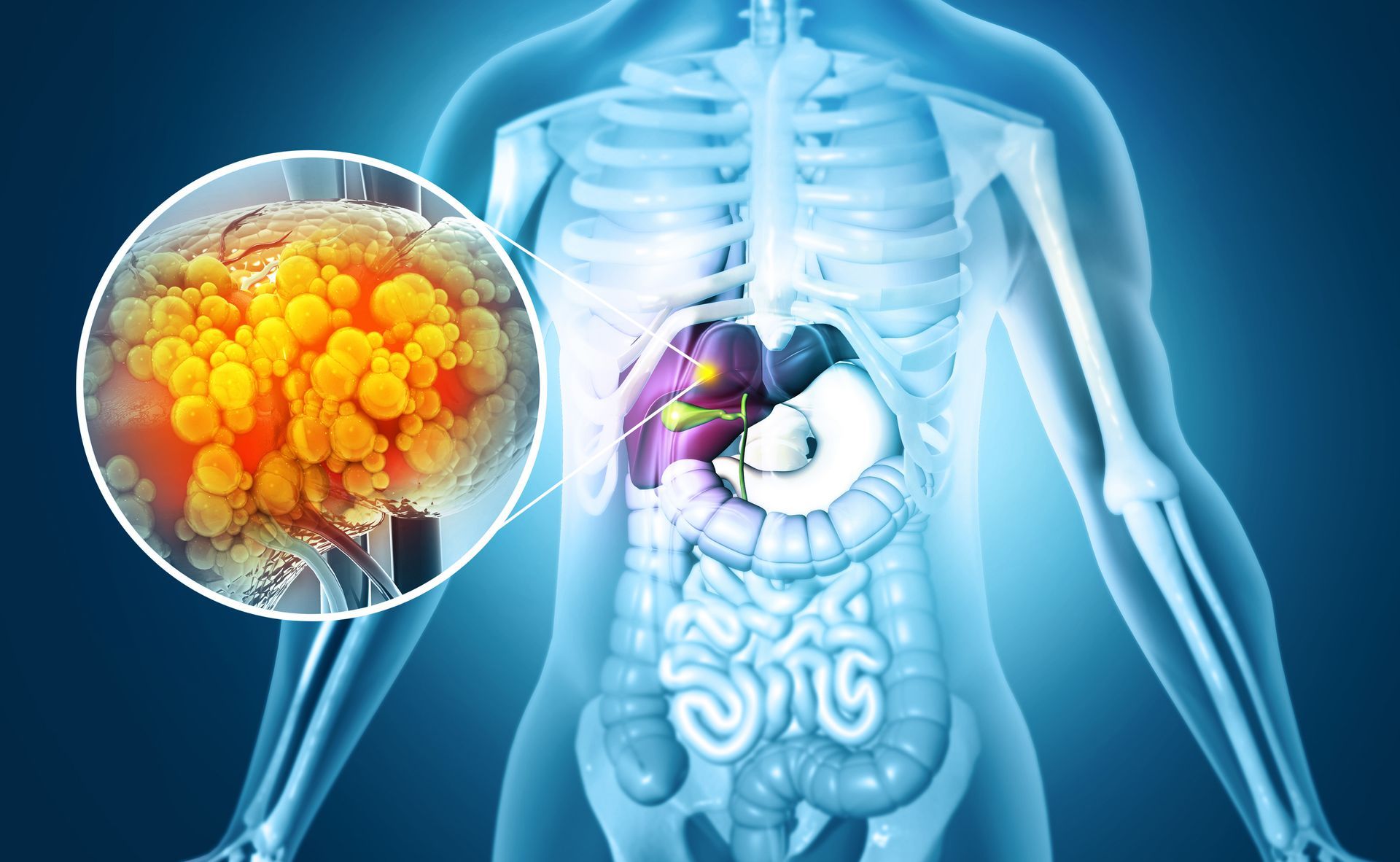Everything You Need to Know About the Symptoms and Treatment for Gastroparesis
Muscle movements in the stomach are strong and strategic in order move food through the digestive system. If the spontaneous function of these muscles is impacted, you may not be able to completely empty your stomach, causing digestive issues. This condition that affects these muscle movements is called Gastroparesis. Gastroparesis directly influences your stomach’s motility.
Symptoms of Gastroparesis
There are several symptoms and that can lead to a Gastroparesis diagnosis. These symptoms include:
- Nausea
- Acid reflux
- Feeling full after only a few bites
- Vomiting (specifically undigested, recently eaten food)
- Bloating
- Abdominal pain
- Lack of appetite
Causes of Gastroparesis
While it is not clearly known what leads to the development of Gastroparesis, it is commonly believed to be caused by damage to the nerves that control the muscles of the stomach. The vagus nerve controls the complex processes that make your digestive tract function. Signaling these muscles to contract, pushing food into the small intestine is a major responsibility. When this nerve suffers damage, it can’t send these signals to your stomach’s muscles. When your stomach doesn’t get this message, food will remain in your stomach longer.
Risk Factors and Complications of Gastroparesis
There are a variety of factors that can increase your risk of developing Gastroparesis, as well as complications that can arise. Your risk can be increased by the following:
- Abdominal or esophageal surgery
- Medications (like narcotic pain medications)
- Diabetes
- Hypothyroidism
- Nervous system diseases (i.e. Parkinson’s disease)
- Connective tissue disease
- Virus or infection
Aside from the symptoms mentioned above, Gastroparesis can cause other health and digestive issues.
- Malnutrition
- Unpredictable blood sugar changes
- Dehydration
- Hardened, undigested food in your stomach (bezoar)
Treatment of Gastroparesis
Generally there are three ways to treat Gastroparesis; diet alterations, medication, surgery. Changing your diet is typically the first approach for addressing this condition. In addition to nutrition, other eating habits should be encouraged, including:
- Chewing more thoroughly
- Smaller meals
- Opting for soups and puréed foods
- Gentle exercise after eating
- Avoiding alcohol, smoking, and carbonated drinks
- Avoiding raw fruits and vegetables
- Eating low-fat foods
- Taking multivitamins
Certain medications that can stimulate your stomach muscles may also be prescribed. Metoclopramide and erythromycin are two common options.
In extreme circumstances, surgery may be necessary if you are unable to tolerate food or liquids. Placing a feeding tube in the small intestine, as well as gastric venting can provide the nutrients you need as well as relieving pressure. The feeding tube option is for temporary relief when the Gastroparesis is severe and blood sugar levels can’t be controlled with alternative methods.
If you’ve experienced any of the symptoms, or have other digestive issues, you should see a gastroenterologist. The experienced, expert staff at Digestive Diseases Center is here to help.
CONTACT
850-763-5409
ADDRESSES
4 LOCATIONS
204 E 19th Street, B, Panama City
12216 Panama City Beach Pkwy, D, Panama City Beach
4295 3rd Ave, Marianna
101 Good Morning St., 109B, Port St. Joe
Subscribe to our newsletter:
subscribe to our newsletter
We will get back to you as soon as possible.
Please try again later.



